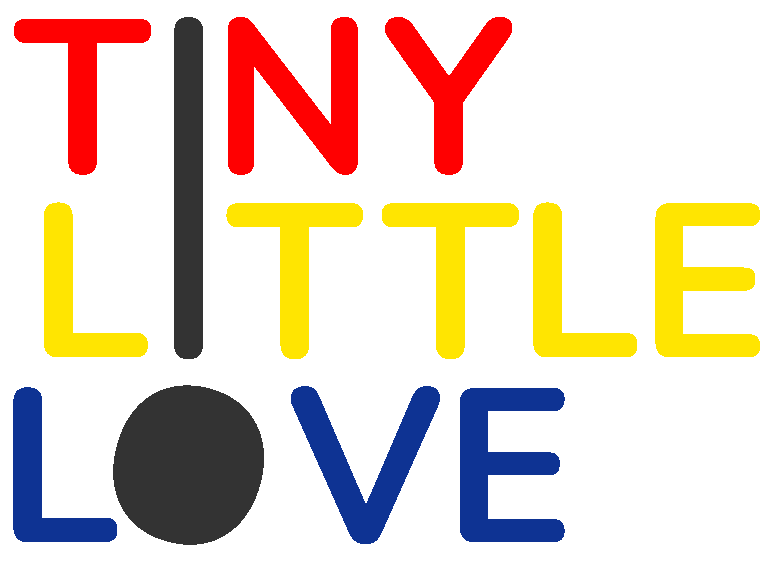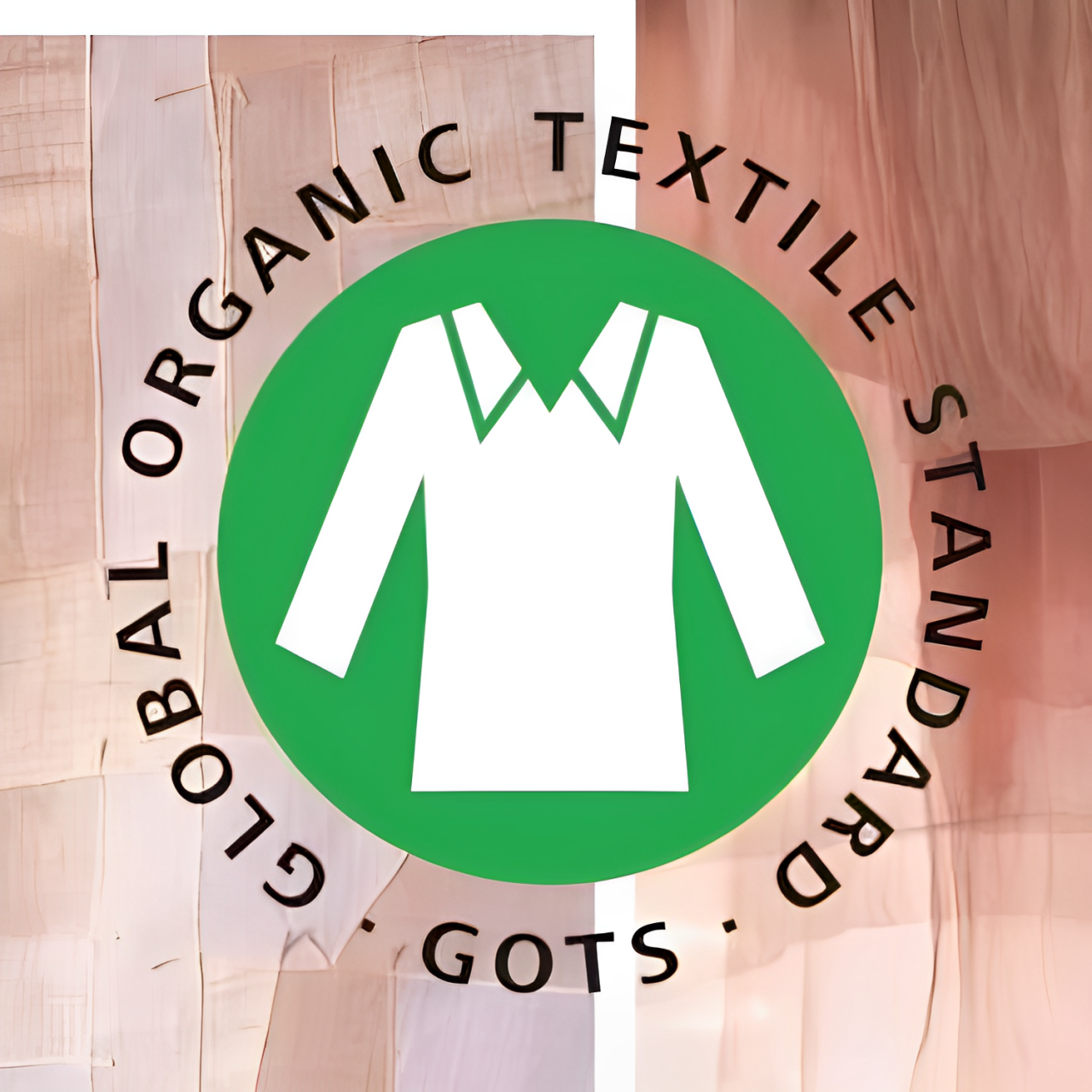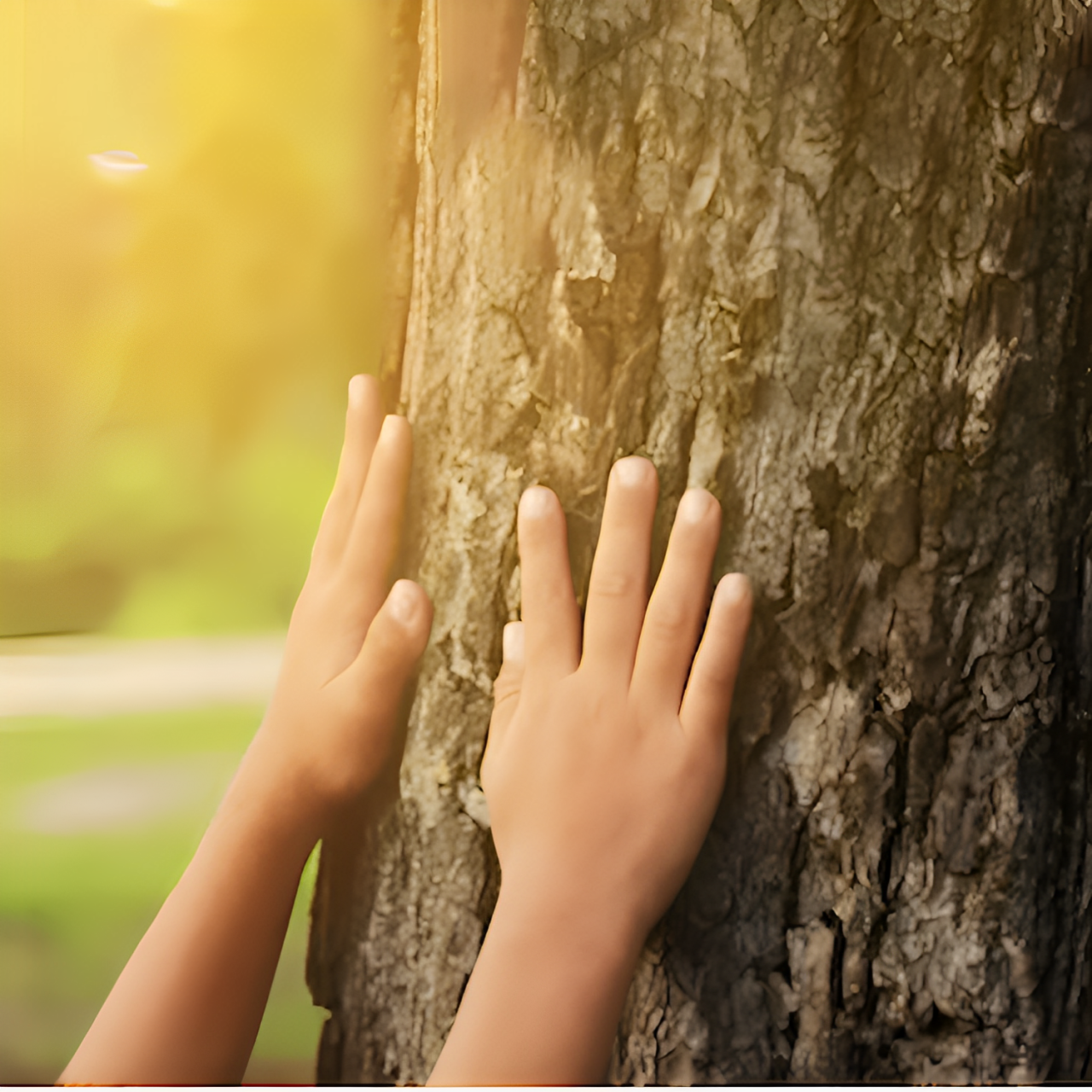The last week of April is known as Fashion Revolution Week, in memory of the death of thousands of textile workers as a result of a work accident in Rana Plaza. In this context, the questions that consumers should ask brands for conscious consumption were compiled on the Fashion Revolution Turkey account. Inspired by this, we wanted to give more detailed information about our production.
All of our production is produced in Turkey.
Our manufacturer and products have the GOTS certificate, which is the strictest standard document given to organic cotton fabrics. If the fabrics are to be produced from scratch, they are supplied from the fabric shops they work with and are dyed in accordance with the definition of organic.
Organic certified production is carried out from the final product to the dyeing and printing of the fabric. Because if the dye covering the entire fabric is not in compliance with the standard, it is meaningless to call the product organic.
We think that it is a waste to worry about selling every product only in its season and renewing our collections frequently. Contrary to fast fashion production, we work on few products and collections and continue to sell the remaining sizes.
A part of the income from the sales is sent to the Koruncuk Foundation and some environmental organizations periodically.
Thus, we take care to progress in our production process in accordance with the working conditions in Turkey, in a way that is least harmful to the environment and gives the most importance to social rights.
This is the production part of the job. So what can be done as consumers?
I think the most important thing is to buy only what you need.
When needed, it is important to buy clothes that can be used for a long time. For this, key pieces that can be worn every season and quality products that can be worn without wearing should be preferred.
When we use our preferences in favor of local businesses, you can see where your money goes, to whom and where, and to whom it benefits.
Even when you buy a standard product, you should try to use it for as long as possible. The place of repair, alteration and donation of clothes should increase in our lives. We should not forget that every unused product returns to the environment as waste.
What happens otherwise? Most of the fast fashion manufacturers carry out their production in the Far East by employing workers with very low wages, and all of the production wastes – especially dye poisons in textiles – remain in that country. Unfortunately, workers in India and China pay for the t-shirts we buy very cheaply with their health.
Is it easy to shop according to these principles? Of course not. After I founded this brand, I realized that it is not possible to produce textiles at very low prices. Of course, all these are valid for those who can afford it and can make this choice. The fact that at least some of us change their preferences will change the lives of those who cannot make this choice.
If this subject interests you, we have listed some resource suggestions that you can obtain more detailed information about and follow regarding the consequences of the textile industry and fast fashion getting out of control:
True Cost (Movie)
Riverblue (Documentary)
Introduction to Patriotism 101, Season 5, Episode 5, The Ugly Side of Fast Fashion (Netflix production)
Fashionopolis- Dana Thomas (Book)
If you have questions or other resource suggestions that you would like to ask us, please write them as a comment.


